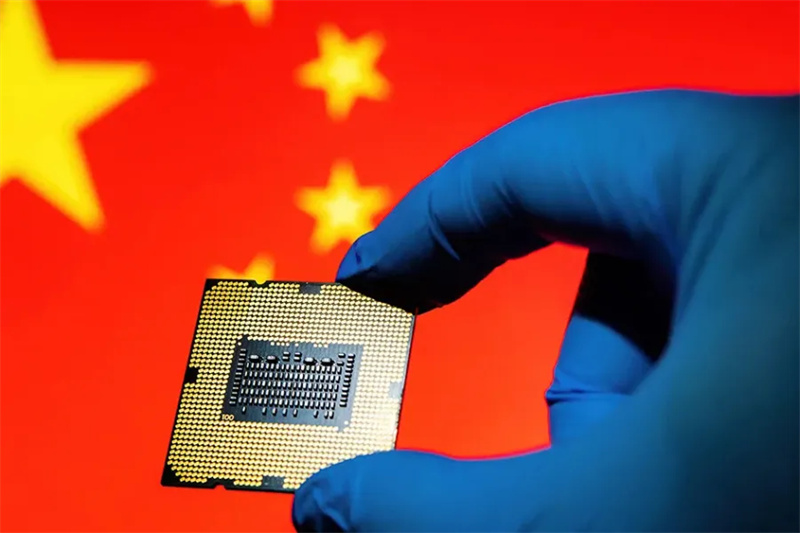China has issued guidance requiring new state-funded data center projects to exclusively deploy domestically manufactured artificial intelligence (AI) chips, sources familiar with the matter told Reuters. The directive, reportedly released in early November, targets projects that are less than 30% complete, requiring them to remove any installed foreign chips or abandon plans to purchase them. More advanced projects will be evaluated on a case-by-case basis.
The move could severely impact U.S. chipmakers, including Nvidia, AMD, and Intel. Nvidia, which once held more than 90% of China's AI accelerator market, has already seen its market share in the country plummet to zero. The guidance covers Nvidia's H20 chips—the most advanced AI chip the U.S. company is permitted to sell to China under export controls—as well as higher-end processors such as the B200 and H200, which are restricted under U.S. export rules but have circulated in China through unofficial channels.
China has invested over $100 billion in AI infrastructure projects since 2021, most aligned with national or provincial objectives to secure data sovereignty. Analysts note that excluding foreign chips from these high-profile initiatives could significantly boost domestic AI chipmakers like Huawei, Cambricon, MetaX, Moore Threads, and Enflame, while complicating efforts by U.S. firms to regain market share.

Nvidia CEO Jensen Huang has previously lobbied U.S. authorities to allow additional AI chip sales to China, highlighting that maintaining China's AI industry dependent on U.S. hardware benefits American interests. Yet the current policy effectively ends Nvidia's hopes of re-entering China's state-funded data center market in the near term.
Chinese authorities have also incentivized domestic chip adoption through subsidies and reduced energy costs by up to 50% for local data centers. Meanwhile, local tech companies are taking steps to minimize reliance on foreign technology. For example, Alibaba introduced its "Aegaeon" computing system in mid-October, designed to reduce dependence on Nvidia GPUs by 82%.
While the policy strengthens domestic suppliers, it may exacerbate the U.S.-China gap in AI computing capabilities. Major U.S. technology companies, including Microsoft, Meta, and OpenAI, have invested hundreds of billions of dollars into AI data centers optimized for Nvidia chips. Simultaneously, Chinese semiconductor firms such as SMIC face supply constraints due to U.S. sanctions on advanced chipmaking equipment, potentially limiting their ability to immediately fill the void.
This latest directive highlights China's commitment to AI self-sufficiency and the strategic importance of local chip innovation amid intensifying global tech competition. Industry observers expect 2026 to 2027 to be a critical inflection point for the commercialization of domestic AI chips, with significant ramifications for both the global semiconductor supply chain and PCB industry infrastructure.
+86 191 9627 2716
+86 181 7379 0595
8:30 a.m. to 5:30 p.m., Monday to Friday
